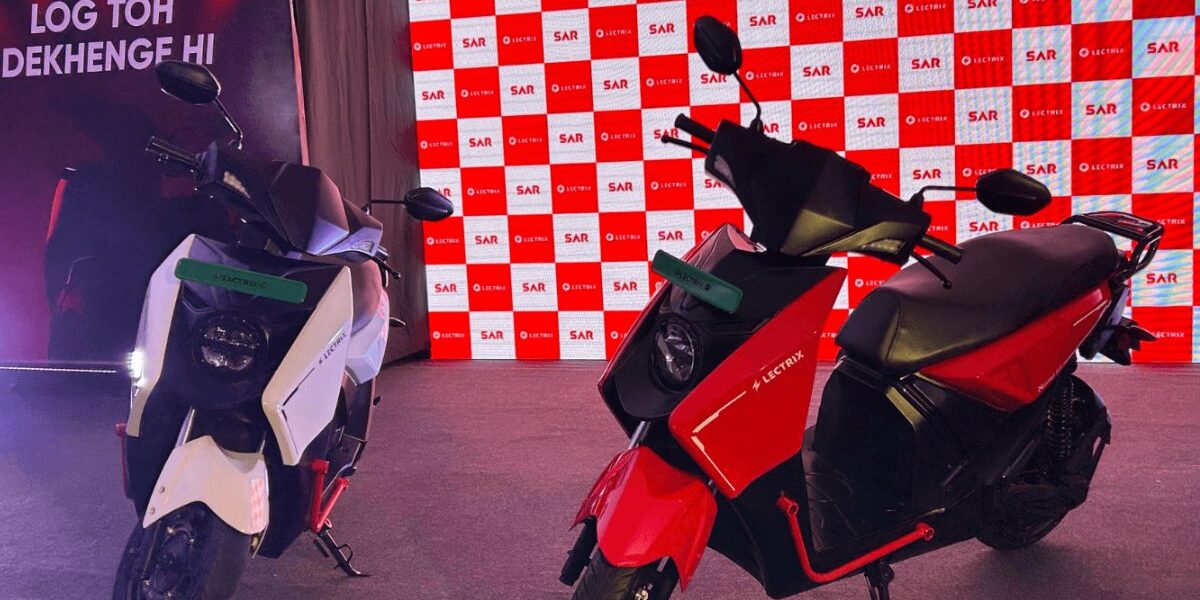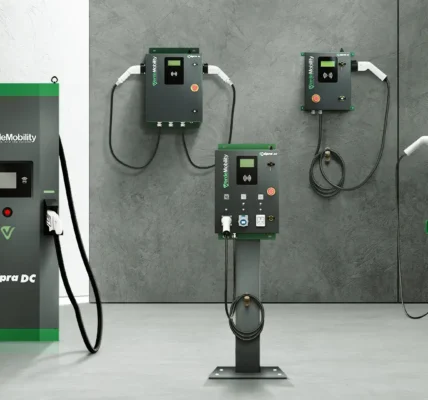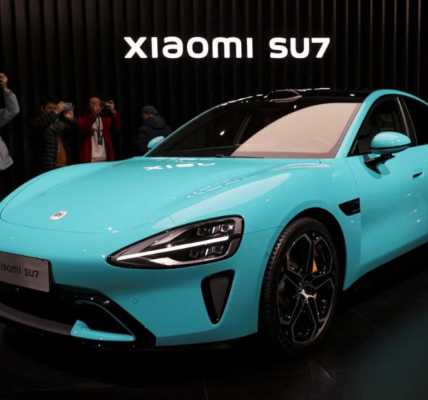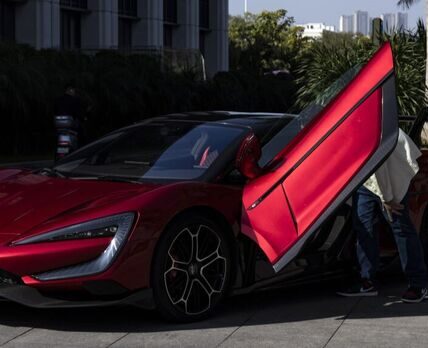The scooter features advanced technology, including a top speed of 65 km/h, acceleration from 0 to 40 km/h in just 5.1 seconds, and a tested gradeability of 16° for single riders. It is available with two battery options: a 2.3 kWh battery offering a range of 90 km (IDC) and a 3.0 kWh battery with a range of 117 km (IDC).
NDuro also has smart connectivity features such as live location tracking, emergency SOS, ride analytics, theft alerts, Efficiency Bar, and Hill Hold. These features make it an ideal choice for consumers seeking both performance and convenience in their daily commutes.
To enhance affordability, Lectrix has introduced the NDuro as Battery-as-a-Service (BaaS) model with nominal battery subscription. This option allows customers to lease batteries, reducing the upfront cost of the scooter by nearly 40%. Users can also swap batteries at designated stations, ensuring minimal downtime and eliminating range anxiety.
“NDuro reflects our commitment to innovation and sustainability. It’s a bold step toward the future of mobility, offering a perfect balance of style, performance, and experience,” said Rakesh Malhotra, founder of the SAR Group.
The launch event, held at The Park Hotel in New Delhi, was attended by key figures, including Pritesh Talwar, President of Lectrix EV; SAR Group founders Rakesh Malhotra and Navneet Kapoor; and Lectrix EV Co-founder Anil Dua. The unveiling marks a significant milestone for Lectrix in the rapidly growing electric vehicle market.
Lectrix has a strong network across 120+ cities with over 200 dealer partners and service centers, and NDuro will also be available on Flipkart with easy EMI options.
The company has already deployed 10,000 batteries as part of its BaaS initiative and operates 15,000 scooters and 30,000 three-wheelers in India. “NDuro is designed to surpass customer expectations, setting benchmarks in the EV market,” said Kislay Pankaj, CTO of Lectrix EV.
Since its establishment in 2020, Lectrix EV has invetsed Rs 300 crore and achieving a reduction of over 6.6 million kilograms of CO2 emissions.







